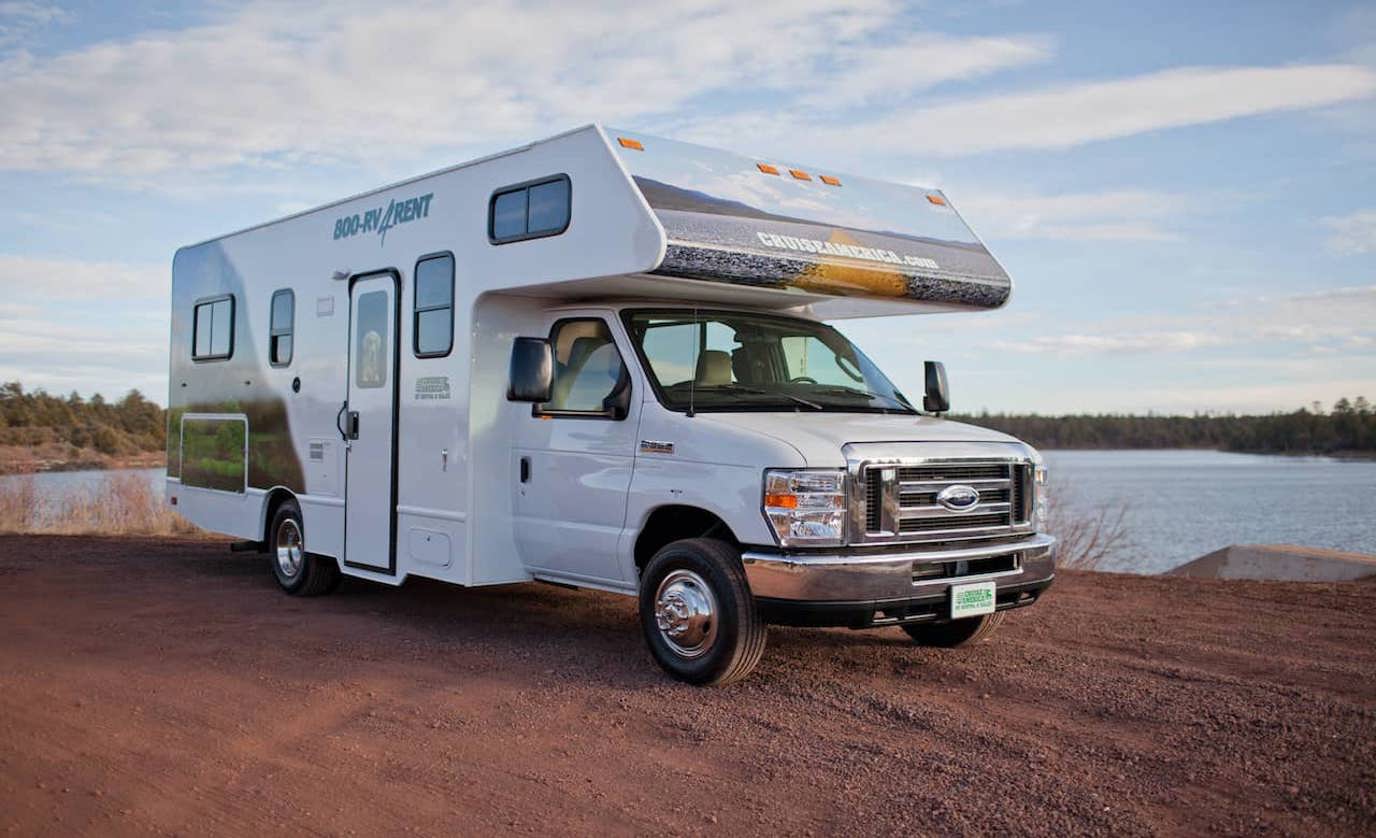
In today’s post-pandemic economy, one expenditure that remains on everyone’s mind is the price of gas. Whether you commute to work or travel on the weekends, skyrocketing gas prices have altered our budgets and forced us to find ways to minimize our expenses. If you own an RV, we can assume that you’ve thought about your motorhome’s mileage capabilities.
Good mileage can save money, reduce concerns, and prolong your adventurers. In this Cruise America guide, we will go over essential tips so you can improve your RV gas mileage.
RV Class Gas Mileage Comparison
Motorhomes require a substantial amount of gasoline to operate efficiently. The smaller the engine is, the better the mileage. This is because a lighter engine means less weight on your vehicle, resulting in less fuel consumption.
The same principle applies to motorhomes, though the exact RV gas mileage will depend on several factors. Factors include the size of your RV, the type of gasoline, road conditions, and the weight of your rig. With that said, let’s take a look at the average mileage capacity of each RV type:
- RV Class A: On average, a Class A motorhome gets between six and 10 miles to the gallon. Fuel capacity will depend on whether you drive a diesel or a gas engine, as well as the conditions of the road.
- RV Class B: If fuel efficiency is your main concern, an RV Class B is the way to go. The average fuel capacity of this motorhome is between 18 and 22 miles per gallon. The Class B Winnebago Travato 59G camper stands as the most fuel-efficient option, with 22 miles to the gallon.
- RV Class C: RV Class C vehicles sit in the middle of Class A and Class B vehicles when it comes to fuel efficiency. If you own one of these, you can expect an average of 10-15 miles per gallon.
Improving Your RV Gas Mileage
To improve your RV gas mileage, there are several steps you can take. Continue reading to learn some of the most efficient strategies for going further between refills.
1. Purchase a small motorhome
Purchasing a small RV is the most effective way to ensure fuel efficiency. As stated earlier, small motorhomes offer better mileage than their counterparts. Better yet, you can still receive the luxuries of a modernized kitchen, bathroom, and other camping-related necessities. If you are new to the RV market, we recommend looking into Class B selections.
2. Plan your journey
Here is an obvious statement: the more you drive, the more gas you consume. Take some time and plan out the exact routes you will take, along with the number of intersections. When possible, avoid winding roads and those with several stops. The key is to minimize the miles driven and avoid areas where you are constantly accelerating and decelerating.
3. Address RV maintenance concerns
Operating a vehicle with a small engine is not enough to ensure quality fuel efficiency. You also want to address maintenance-related issues since they can drain fuel quickly. Dirty air filters and bad oxygen sensors can reduce your gas mileage by up to 20%. Save yourself the trouble of long, overdue concerns by regularly checking your maintenance schedule.
4. Limit your load
While it is tempting to carry your entire living room on the back of your RV, avoid this at all costs! The heavier the vehicle, the more fuel it needs to move properly. Cut down on your luxuries and only pack essentials. After all, camping should be about enjoying a minimalist experience.
5. Develop better driving habits
Yes, we know it sounds silly, but good driving habits can improve your RV gas mileage. Specifically, get into the habit of driving within the speed limit to keep your motorhome from burning through more gas. Reducing your speed by five to 10 mph can improve your fuel economy by seven to 14%. Another fuel-efficient technique is the cruise control system.
Using cruise control keeps you from constantly accelerating and decelerating, which can reduce your gas mileage.
6. Keep tires properly inflated
Believe it or not, properly-inflated tires can affect your gas mileage. For every one psi drop in pressure, your mileage goes down by 0.4 percent. Under-inflated tires can affect the weight distribution of your motorhome, resulting in higher fuel consumption. Check with your user’s manual to see the psi level of your RV.
7. Avoid idling
Idling is the habit of leaving your engine running while the vehicle is not in motion. Contrary to what some might think, idling can cause your engine to use more fuel than necessary. Plus, it can wear down your engine over time. Even if you are stopping for a bathroom break, turn off your vehicle.
Save With Cruise America Today
By following these detailed strategies, you can achieve better RV gas mileage. Now it is time to add some sparkle to your journey with a Cruise America RV rental! We offer several selections equipped with refrigerators, showers, gas cooktops, and more! Contact us for more information!





